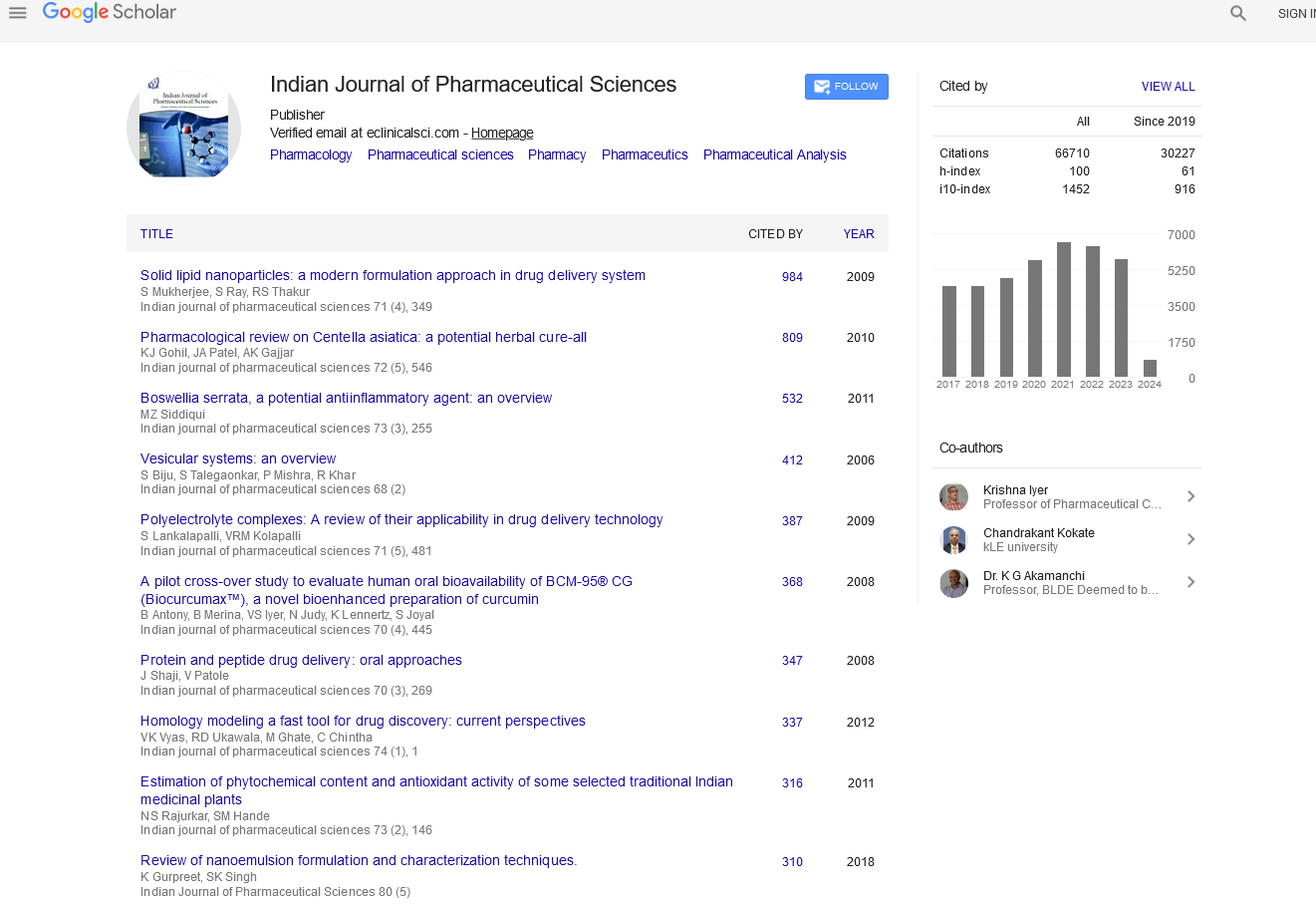Abstract
Pathogenesis of Alzheimer's Disease: Role of Amyloid-beta and Hyperphosphorylated Tau Protein
Department of Biochemistry, University of Agriculture, Faisalabad-38040, 1Department of Bioinformatics and Biotechnology, Government College University, Faisalabad-38000, Pakistan
Correspondence Address:
Department of Bioinformatics and Biotechnology, Government College University, Faisalabad-38000, Pakistan, E-mail: gmustafa_uaf@yahoo.com
The pathological emblems of Alzheimer’s disease are the accumulation of amyloid-β plaques and neurofibrillary tangles. The alluvium of toxic amyloid-β-protein in the form of aggregates is central to the pathogenesis of Alzheimer’s disease. The aggregate formation is due to the structural refitting of α-helical sheet of normal, soluble amyloid-β-protein to the β-sheets, which lead to oligomeric, fibrillar, insoluble and disease causing amyloid-β 42. Mounting data suggests that another factor, the tau protein ripens into highly phosphorylated form by several kinases after Aβ-stimulation leads to tangle formation resulting in neuronal bereavement in hippocampus and entorhinal regions as the disease progresses further. An overview has been presented in this review of the role of tau as an important partner of amyloid-β in the pathogenesis of Alzheimer’s disease, both of which could be used as biomarkers for diagnosis and risk assessment with other molecular chaperones which are associated with Alzheimer’s disease. As a part of common pathophysiological mechanism the understanding of amyloid-β and tau toxicities might be helpful for finding molecular targets for the prevention or even cure of Alzheimer’s disease.





